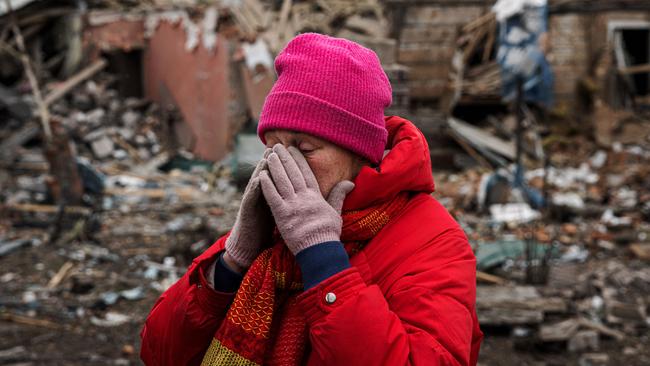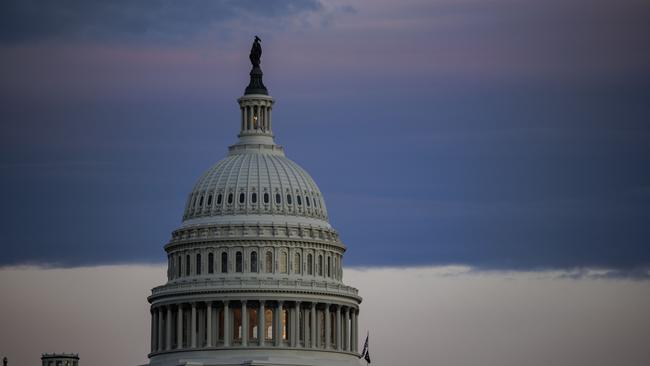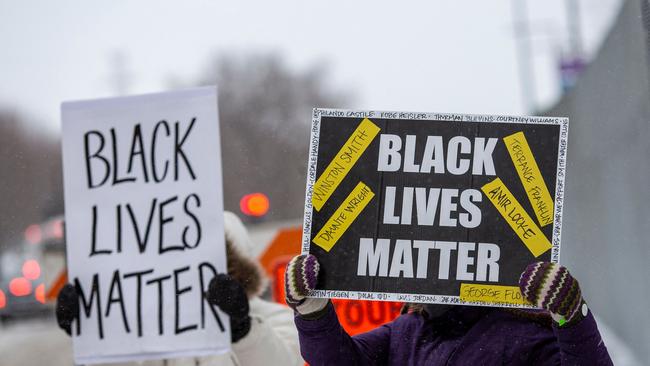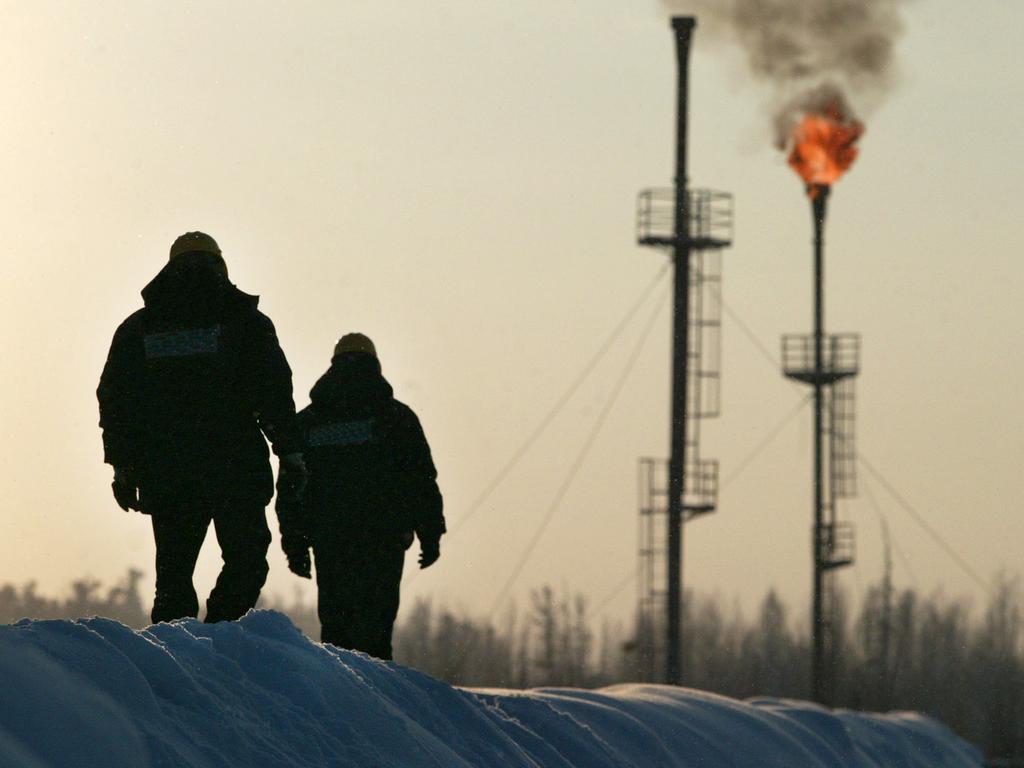Culture war dwarfed by real clash of values

Ross Douthat, the conservative author of The Decadent Society, diagnosed a state of “repetition and frustration . . . boredom and fatigue”. The late Marxist philosopher Mark Fisher saw something similar: “Cultural and political sterility . . . a pervasive sense of exhaustion.” Both Fisher and Douthat (in my opinion two of this century’s best cultural critics) theorised that to thrive, a dynamic culture needs outside energies to absorb and define itself against. For Fisher, those energies came from the Soviet Union’s embodiment of a different way of organising society. For Douthat, they derived from the discovery of new lands: dreaming of undiscovered frontiers we access a huge unknown into which we can project our imaginations. Without these energies we are becalmed, restless and fractious.
This sounds abstract. But in the long lassitude of American hegemony we have forgotten how profoundly the ideological confrontation of the Cold War shaped our culture. Modern ideas about free speech, for instance, were forged in the shadow of the Iron Curtain as western governments fought to define themselves against the totalitarian eastern bloc. As obscenity laws disappeared and English theatres were freed from the censorious whims of the lord chamberlain, a historically unprecedented kind of free speech, allowing you to use almost any language and to depict almost any subject, was enshrined as a kind of anti-Soviet ideology, a “western value”.

When, in the late 1960s, it was revealed that the CIA was funding more than 50 magazines, newspapers and radio stations, some critical of the US government, the agency’s defenders argued that this was precisely the point: “an unwavering commitment to cultural freedom”, including criticism of America, was the essence of American values.
Even among cynical novelists there was a sense of mission. Philip Roth championed oppressed writers in eastern Europe and promoted their books in America. The difference in the systems, he remarked of communist Czechoslovakia where he had befriended writers, was, “There nothing goes and everything matters; here everything goes and nothing matters.”
In The Free World, a history of art and thought in the Cold War, the American academic Louis Menand describes a broad feeling of cultural excitement and purpose. “The Cold War raised the stakes,” he writes. “People cared. Ideas mattered. Painting mattered. Movies mattered. Poetry mattered.” In a world which pitted two social systems - communism and capitalism - against each other, “artistic and philosophical choices carried implications for the way one lived one’s life and for the kind of polity in which one wished to live it”.

This was the opposite of decadence. In 1967, at the height of the Cold War, 85.8 per cent of new humanities students in America listed “developing a meaningful philosophy of life” as a very important or essential goal. By 2003, with American values ascendant in a unipolar global order, the figure was 39.3 per cent. Culture’s existential urgency had faded away.
That restless absence of meaning shapes our present time. With no alternative systems to define ourselves against, we have driven ourselves half-mad trying to find purpose in the tiny, often quasi-theological differences that divide us. Culturally, we are hyperactive children stuck at home on a rainy Sunday. With nowhere to go and nobody to fight, we race about the place, pulling each other’s hair and smashing up the antique china.
How petty those fights seem now. Thanks to videos, pictures and personal messages on social media, the war in Ukraine is a more immediate fact in the lives of civilians around the world than any conflict in history. There is something inadvertently pointed about the way the algorithmic sprawl of my social media timelines juxtaposes content from the culture war with videos and images of atrocities in Ukraine. What really matters here?
It jolts us for the first time since the Cold War into a vivid awareness of another system - authoritarianism - whose values are hostile to our own. To the woke left, free speech had begun to seem stale and corrupt; many on the Trumpian right were becoming cynical about, or hostile to, democracy. Dissent seemed edgier.
Now, watching protests in Moscow or President Zelensky addressing Congress from Kyiv, those old liberal values no longer seem uninspiring academic abstractions pitiably tended by a technocratic boomer elite. They have acquired a new and dangerous glamour.
This is not to say the conflict in Ukraine will end the culture war. The long-term trends and economic factors driving it are not going away. But it may restore vitality and confidence to our culture and its values. Putin may discover that in his aggression he has supplied the cure for the decadence he has taken so much gloating pleasure in trying to diagnose. He has raised the stakes.
The Times







According to Vladimir Putin’s furious analysis, western civilisation is divided, weak and effeminate. We are infected, he explained, by “pseudo values” which “corrode people from the inside” and “contradict the very nature of man”. Few actually living in the West would put it in anything like those terms (I don’t feel very corroded) but another idea of “decadence” is mainstream. To the pessimists we are a burnt-out culture whirring around in futile circles, incapable of artistic innovation, only of fighting and refighting the same internecine wars over gender, race and history.